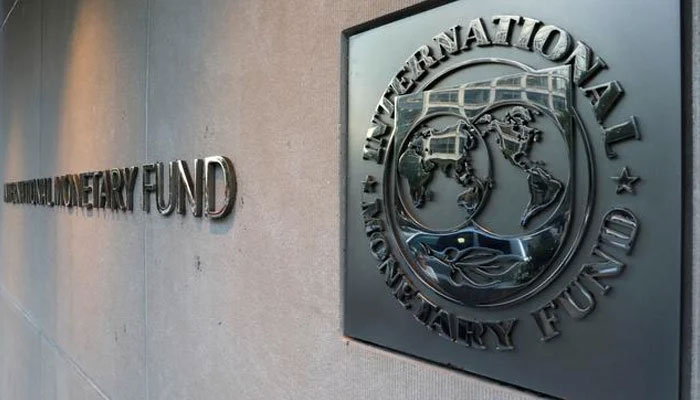IMF frustrated over govt’s failure to notify revised gas price
November 08, 2023

- IMF has directed govt to review gas tariff prices biannually.
- PDM govt delayed gas hike due to political reasons, IMF told.
- IMF also questions Ogra on why gas tariffs were not notified.
ISLAMABAD: The International Monetary Fund (IMF) has expressed its frustration over the government’s decision to not notify the revised gas price every six months – July 1 and January 1 – in a financial year, reported The News on Wednesday.
The Fund has directed the government to review the gas tariff prices biannually to avoid the accumulation of circular debt in the gas sector.
“The visiting IMF mission flagged the issue of not increasing the gas tariff on a biannual basis by government,” a senior official who was part of the meeting with the Fund told The News.
“The Fund argued failure to hike the gas tariff biannually for the last 10 years since 2013 caused a massive buildup in the gas circular debt.”
The Pakistani officials told the Fund that the caretaker government had notified the unprecedented hike in gas tariff from November 1. They also explained that the government was hoping it would generate Rs980 billion in revenue in eight months. So, the government may not be required to hike the tariff due from January 2024 when the regulator comes up with a determination to be effective from January next calendar year.
The interim government also communicated to the Fund that the Shehbaz Sharif-led government had delayed the increase in gas tariff because of political considerations, and the caretaker regime has to come up with a massive increase, which will end the process of further increase in the circular debt in FY24 that now stands at Rs2,900 billion.
The IMF mission Tuesday also held a meeting with Ogra officials and asked the regulator why it has not notified the gas tariffs after the lapse of 40 days since its determination. The Fund was told the regulator cannot do it on its own, as under Section 21 of the law, it has to seek guidelines from the government.
On Monday, the government informed the IMF that it expects the Current Account Deficit (CAD) to decline by $2 billion to end at $4.5 billion compared to the $6.5 billion projected till the end of June 2024.
A report published in The News on Tuesday stated that the downward projection of CAD indicated that the government was expecting that imports would continue to decline in the remaining period of the current fiscal year.
Amid difficulties in materialising the external dollar inflows up to the desired mark, the Pakistani authorities have no other option but to reduce the CAD to avert a balance of payment crisis.
Pakistan’s external financing requirements stood at $28 billion — foreign debt servicing of $23.5 billion and CAD projection of $4.5 billion.
After the signing of the IMF agreement under the $3 billion Stand-by Arrangement (SBA) programme, the forex reserves saw an improvement in July 2023, but in the last two months, the pace of external loans and grants has slowed down. Now the authorities are expecting that completion of the first review of the IMF programme would push up the dollar inflows from multilateral and bilateral creditors.





